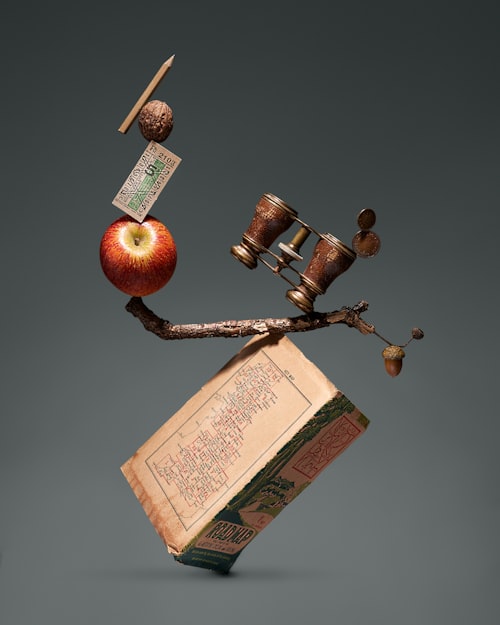All writers learn to scribble before they write by copying artists they admire. That's why people say imitation is more flattering than applause.
It starts with developing a Style: an aggregate of stolen voices, borrowed from the writers we devour—that's probably why we call it “taste”. The pieces that get lost in translation, we replace with our own innovations. Slowly, we develop a style of our own, then a spectrum of styles we can summon on command.
But Style isn't the same as Voice. Style is more akin to an accent.
True Voice is more than pretty words and the rhythm of your sentences.
It's what lends the writer's work a quality I've come to call...
Gravity.
Everyone has an inner world within themselves—with its own history, people, culture, sun, and storms.
Some of these worlds possess a gravity of their own that draws you in. Some of these worlds only orbit others.
I think artists of every kind make the decision to open up their inner worlds through their work.
That's how they attract an audience—through the gravitational pull of their inner world laid bare.
But strong gravity requires a great deal of mass: what you gain when you step back from imitation and step into your own being, standing firmly to face the world with the full weight of your own.
It's this gravity that draws us to the Voices of other writers. Yet we'll spend years looking for our own Voice somewhere in the pages of their work.
The uncomfortable truth: You won't find your Voice in someone else's book. There isn't a how-to guide out there that can actually show you how.
You only find your Voice by the sound of who you are when you speak from your inner world and hear it echo throughout this one.
But first, you have to speak.
